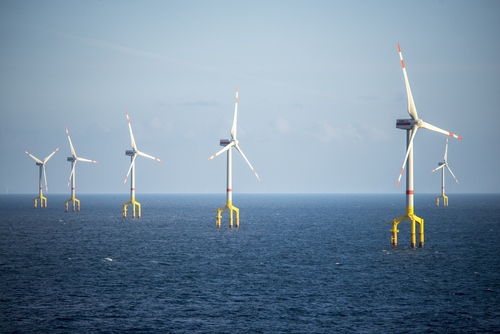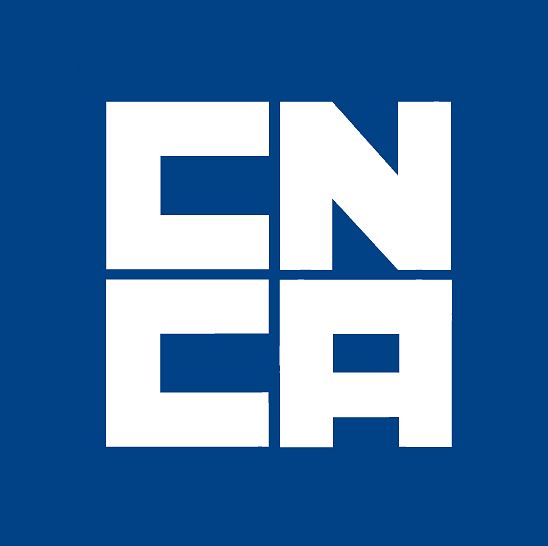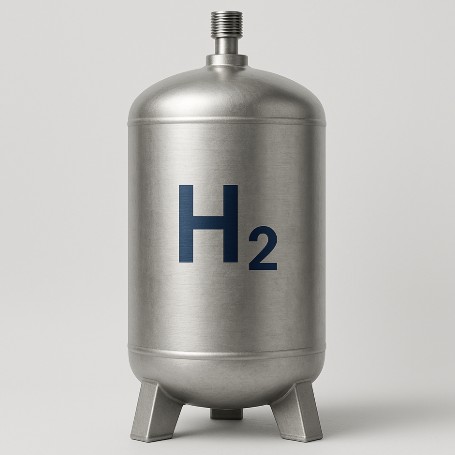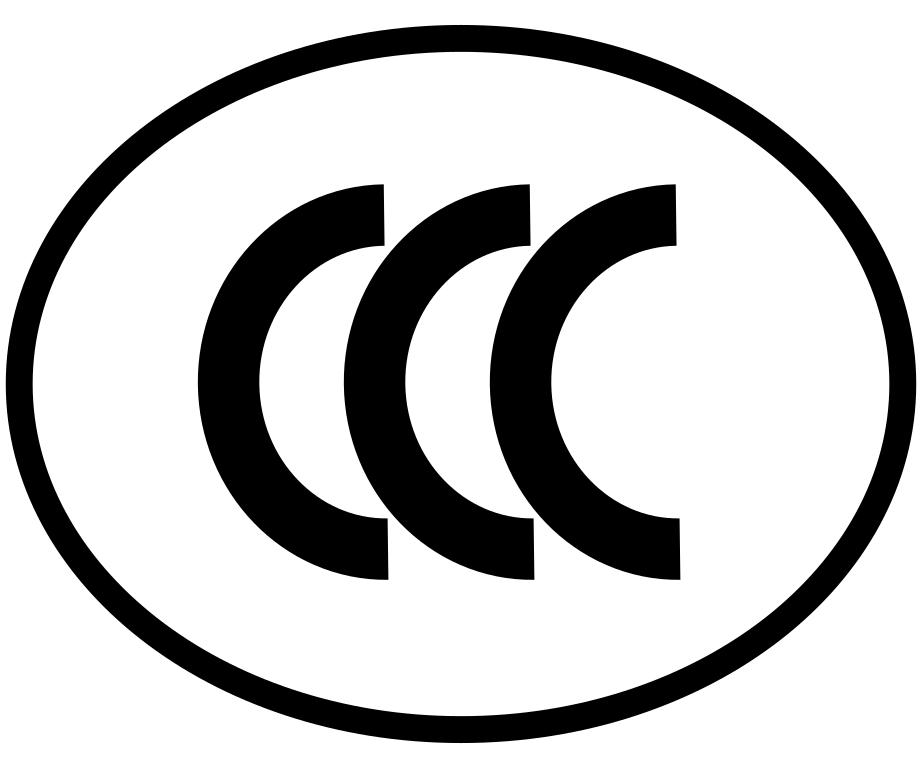First wind turbines of the Shandong Peninsula South 4 wind farm go online
2. December 2021The first wind turbines of the Shandong Peninsula South 4 wind farm were recently connected to the power grid and began generating electricity, China Daily reported in mid-September. The wind farm is thus the first commercial offshore wind power generation project in the coastal province of Shandong, south of Beijing. There are 58 wind turbines in the entire wind farm, and the complete connection of all wind turbines is to be completed by the end of this year. Most products used for wind turbine production in China require CCC certification (the CCC certificate was introduced in 2002 and applies to both imported and Chinese products).
The annual output generated will then be up to 820 kilowatt hours of emission-free energy and cover the electricity needs of up to 300,000 households. In total, the wind farm has a capacity of 300 megawatts and is the first section of offshore wind turbines to test this technology in the eastern Chinese province of Shandong. The energy generated replaces the combustion of 253,000 tonnes of coal and saves 560,000 tonnes of CO₂. By planning and commissioning wind farms, the Chinese government is pursuing the goal of a greener economy with emissions peaking by 2030 and CO2 neutrality by 2060.
The list of CCC mandatory product groups is constantly expanding and, depending on the category, a mandatory certification China Compulsory Certificate or, since 2019, a CCC Self-Declaration or voluntary certification must be obtained. The CCC certificate was introduced in 2002 and applies to both imported and Chinese products. CCC stands for China Compulsory Certificate. The Chinese CCC is comparable to other certifications for standardising product quality, such as the European CE system, but there are important differences. We will be pleased to advise you without obligation about the scope and requirements of a China CCC certification.
For more information on how CCC certification, the CCC Self-Declaration and voluntary CCAP or CQC certification may affect your company, or for more information about CCC certification in general, the process, and the associated costs, please visit our website and our News Section where you will find current updates twice a week.
Please do not hesitate to contact us for further details and consultation. You can contact us via e-mail, or call us (UK: +44 2071931135, Rest of Europe: +49 69 2713769150, US: +1 773 654-2673).
Please don’t hesitate to also use our chat-window in the bottom right corner if you have any questions. (Please check your browser settings if you can’t see the window)
You can also check out our free CCC-Brochure, which can be downloaded right here as a PDF file or you consult our book (in English) “A Brief Guide to CCC: China Compulsory Certification”, which can be found directly here on Amazon.
Here you can download our brochure about the CCC Self-Declaration.
Here you can download our brochure about the voluntary CCAP or CQC certification.












